High school English often includes several components—literature, composition, vocabulary, spelling, and grammar. To adequately teach this multi-faceted subject, a complete curriculum package may be tempting. For my daughter’s junior year, we chose a more creative option. Allowing her interests and needs to guide us, we customized her curriculum. Piecing together a credit for her transcript was surprisingly simple.
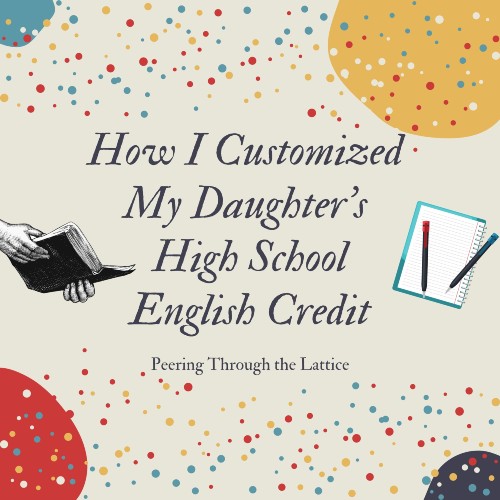
Knowing that my daughter already excels in grammar, spelling, and vocabulary, we focused on literature and composition instead. Since she was interested in Shakespeare, she read three of his plays. Because she needed more writing instruction and practice, she joined the twins for an Institute for Excellence in Writing course. Instead of counting the Bible study we already attended as a separate Bible credit, I opted to include it as part of her English lessons this year. To round out her eleventh-grade English credit, my daughter chose an online course in mythology. Our creative approach allowed her to strengthen other essential English skills in a natural context.
Shakespeare
Every homeschool mom’s dream is for their student to be fascinated with famous authors. When my daughter asked to read Shakespeare for English this year, I proudly encouraged her. Unfortunately, understanding Elizabethan English can be challenging for 21st-century students. Reading Romeo and Juliet was not too difficult since the story was already somewhat familiar. But when my daughter started reading Macbeth and Julius Caesar, I was legitimately concerned that she might not understand the famous plays’ basic plot.
To combat my concerns, I searched for free online resources to supplement her reading. Was there a website that covered the basic plotline and also tackled literary analysis? My search led me to SparkNotes. Their site summarized each scene and analyzed the characters and main ideas.
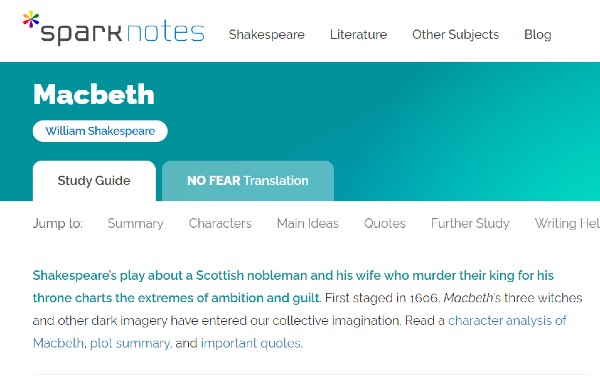
Based on the SparkNotes material, I set up a reading schedule for my daughter. One day she read a couple of scenes from Shakespeare, and on the next, she learned about those scenes from SparkNotes. After finishing the play, she delved into additional analytical material. She wrapped up her study by completing a set of online quizzes.
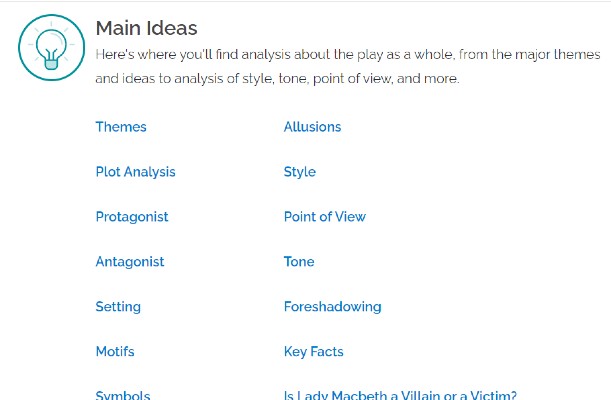
Since she strongly prefers to read SparkNotes in book format, I purchased used copies of the study guides.
I estimate that my daughter spent about ten hours working through each play. The A she achieved in the Shakespeare unit comprises about one-fifth of her English grade.
Writing with IEW
To improve her writing skills, my daughter joined her twin sisters for a Student Intensive Writing course. The high-school level materials from the Institute for Excellence in Writing were straightforward and easy to understand. Despite dreading the videos, my daughter significantly improved her writing throughout the school year.
She sometimes struggled to create keyword outlines from which to write paragraphs and essays. Like me, she often prefers to skip outlining and simply start writing. We both discovered the value of organizing ideas before formulating sentences and paragraphs.
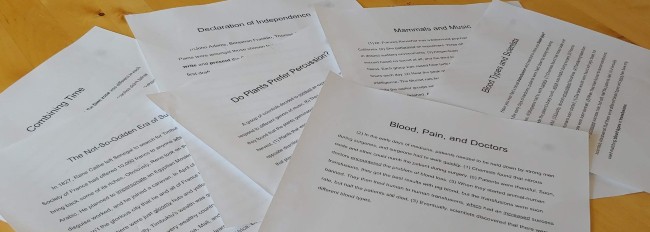
My daughter earned an A in writing, which comprises two-fifths of her junior year English grade. Now that she has practiced creating outlines, writing summaries and essays, and editing her work, she’s ready to hone those skills next year. To prepare more thoroughly for college-level writing, she will be drafting a research paper and different types of essays during her senior year.
Biblical Literature
During most of our homeschool year, my daughter attended a Community Bible Study. After completing homework questions during the week, she met up with other homeschooled students on Fridays to discuss the week’s passage. A short lecture wrapped up each lesson.
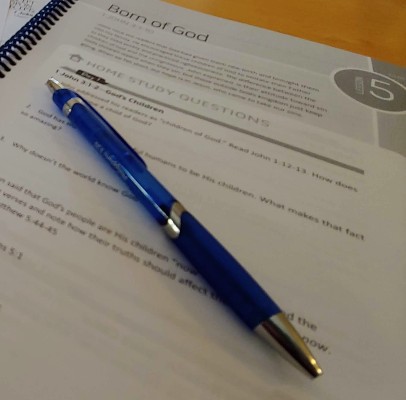
Even though my daughter missed several weeks of the study while we were in Taiwan, she studied five books of the Bible in-depth: James, 1 Peter, 1st, 2nd, and 3rd John. Her participation in Community Bible Study contributes one-fifth of her English credit.
Mythology
While my daughter was exploring free online classes for science and history, a Greek and Roman Mythology course piqued her interest.
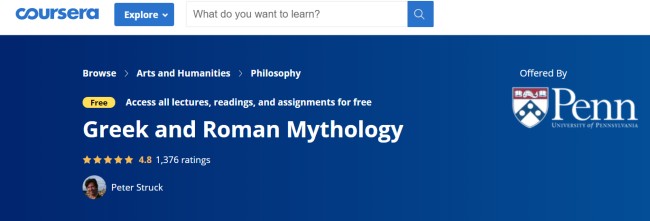
At first, I was puzzled. Should I count the class toward history or English credit? When I realized that she would be reading Homer’s Odyssey for the course, it was clear that it should count for English.
By viewing videos, completing the assigned reading, and taking quizzes, my daughter earned a B. The 32-hour course contributed the final fifth of her English credit.

Report Card
I combined my daughter’s writing and literature coursework into a single eleventh-grade English credit. Since she worked hard, improved her writing, participated in discussions, and performed well on quizzes, she earned an A.
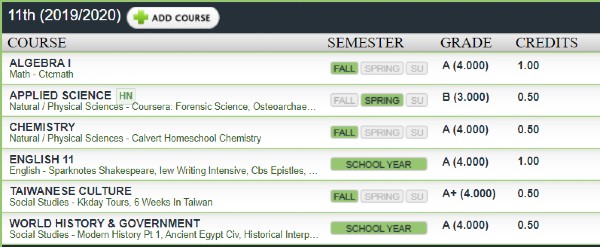
Can you believe that my middle child is moving into her senior year of high school next month? As the years have flown by, she’s blossomed into an insightful, intelligent, and independent young lady. During her senior year, she will focus on the English skills she will need for the future, whether she attends college or not. I’m thrilled to continue customizing her English curriculum to prepare her for whatever lies ahead.